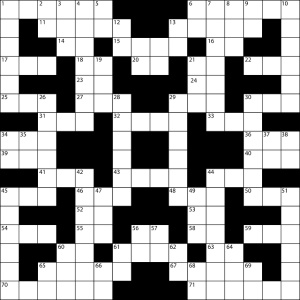to examine, to study, to research ![]()
[verb]
[be-stu-de-ren, be-stu-deer-de, be-stu-deerd]
"Bestuderen" is different from "studeren" (to study) or "onderzoeken" (to examine, to research). Uhm, so how is it different?? You use "bestuderen" when the act of studying or researching is more like 'closely reading, observing' or 'looking closer into a matter'. A bit like 'making a study of'. Well, perhaps the examples will help 🙂
Examples:
– "Weet je al hoe de nieuwe dvd-speler werkt?" – "Een beetje, ik heb de gebruiksaanwijzing nog niet bestudeerd."
("Do you know yet how to operate the new dvd player?" – "A bit, I haven't yet studied the manual." Lit. "… how the new dvd player works".)
– "De man bestudeerde de kaart aandachtig."
("The man studied the map closely.")
– "De gemeente Amsterdam beweert de mogelijke gevolgen van de aanleg van de metrotunnel voldoende bestudeerd te hebben."
("The city council of Amsterdam claims to have sufficiently looked into the potential consequences of the construction of the metro tunnel." Note that 'aanleg' is only used for roads, tunnels and the like and not for buildings.)
– "De wiskundeprofessor bestudeert naast differentiaalvergelijkingen ook algebraïsche topologie."
("The maths professor studies algebraic topology in addition to differential equations." Note that it is more common to say 'doet onderzoek naar'. Note that it is also more common not to discuss the topics of differential equations and algebraic topology but every once in a while Sander likes to think his college degree is useful 😉 )
– "Hoe leer jij het beste Nederlands?" – "Ik heb elke week les en bestudeer uiteraard de voorbeeldzinnen van de DWOTD!"
("What is the best way for you to learn Dutch?" – "Every week I have class and of course I study the example sentences of the DWOTD!")
– "De manager bestudeerde het rapport vluchtig alvorens het in de prullenbak te mieteren."
("The manager briefly looked at the report before chucking it in the bin." The use of the verb 'mieteren' is informal.)
Related words:
– Onderzoeken: to research [verb] [onderzocht, onderzocht].
– Onderzoek doen naar: to research [verb] [deed onderzoek naar, onderzoek gedaan naar]. This is commonly used in the context of universities.
– Examineren: to hold an examination [verb] [examineerd, geëxamineerd].
– Studeren: to study [verb] [studeerde, gestudeerd].

 The verb “krijgen” translates as “to get, obtain, receive” (but there are many subtleties in its usage; best to check out the DWOTD on
The verb “krijgen” translates as “to get, obtain, receive” (but there are many subtleties in its usage; best to check out the DWOTD on  Een ‘raadsel’ in Dutch can be used in the meaning of riddle or mystery. Serious mysteries or enigmas however are called ‘mysterie’ or … ‘enigma’ 🙂 It is also more common to use the diminutive in case of a riddle: raadseltje. The word “puzzel” in Dutch is typically used for crossword or jigsaw puzzles.
Een ‘raadsel’ in Dutch can be used in the meaning of riddle or mystery. Serious mysteries or enigmas however are called ‘mysterie’ or … ‘enigma’ 🙂 It is also more common to use the diminutive in case of a riddle: raadseltje. The word “puzzel” in Dutch is typically used for crossword or jigsaw puzzles.